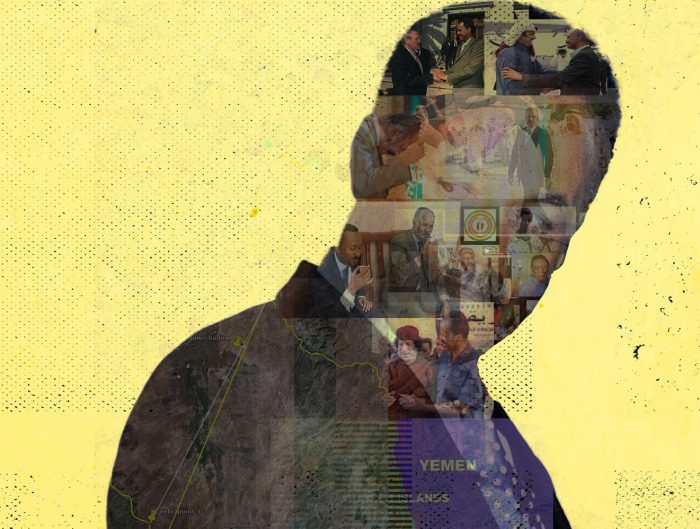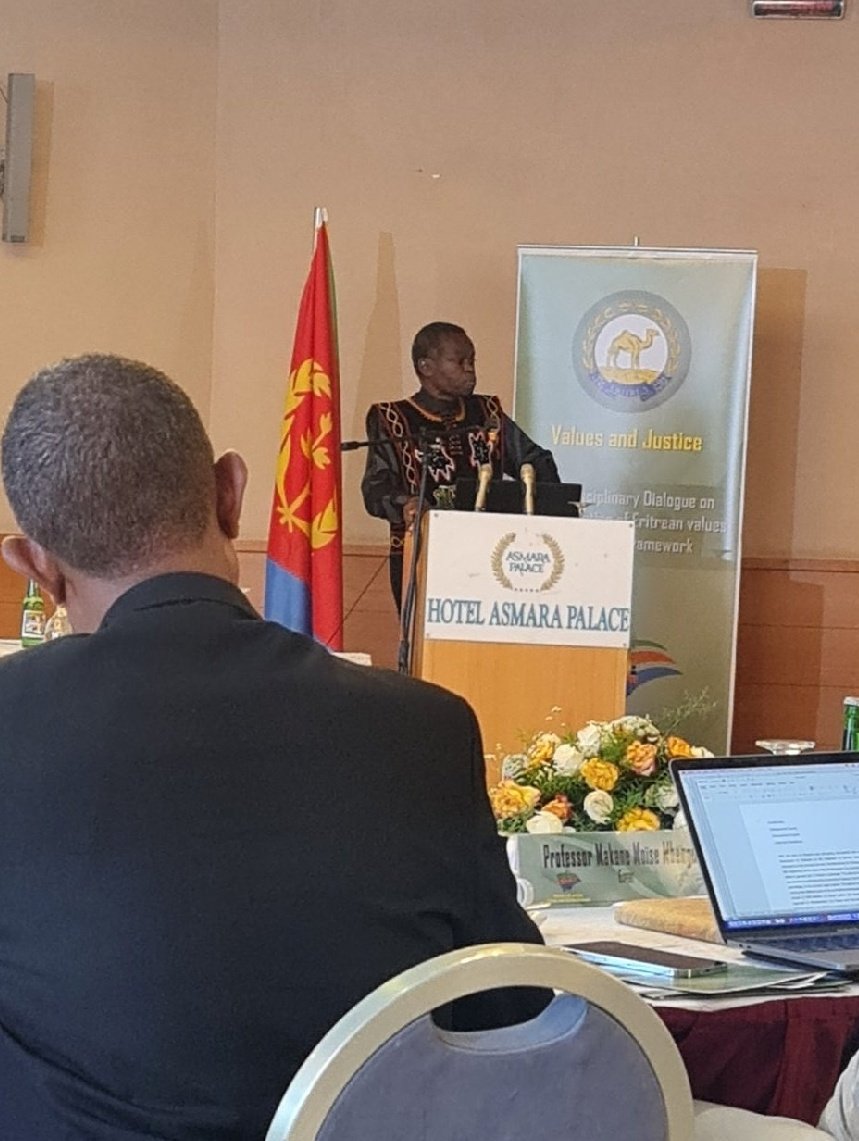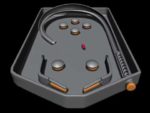March 2011: Following the emergence of the Arab Spring, Mr. Mohammed Juma “Abu Rashid”, is interviewed by London-based Al-Hiwar TV. The Eritrea activist tells factual developments in Eritrea since independence and, among other things, says that part of the reason that the cause of the exiled Eritrean opposition is not amplified by Gulf Arab states (such as Qatar, he says specifically) is because of their friendly relationship with the Eritrean Government.
October 2011: The Qatari-funded road linking Eritrea and Sudan is inaugurated by Eritrean President Isaias Afwerki, Qatar’s Emir Sheikh Hamed Bin Khalifa Al Thani, and Sudan’s President Omar Hassan Al-Bashir. The show is broadcast on state TV in Eritrea to showcase the close relationship between the three countries.
In short, the Eritrean opposition is ignored by all the Gulf Arab states, including Qatar, and President Isaias Afwerki and his regime have such a close relationship with Qatar, he frequently travels there and the Qatari Emir visits Eritrea. Their relationship is so good that when Eritrea and Djibouti had a border war, only Qatar stepped in to mediate (or was considered acceptable by both Djibouti and Eritrea), a move that was welcome by the UN after a couple of years by Eritrea declining to admit it had a border conflict with Djibouti, which is one of the reasons it was sanctioned.
December 2015: President Isaias Afwerki visits Saudi Arabia to join the “anti-terror coalition”, which he insists on calling an “initiative” because it is the “principled” stand of his regime never to join coalitions. This “initiative” ends up being about lining up allies to isolate Qatar and bombing Yemen to the Stone Age. In this new order that defies history, the “terrorists” happen to be the marginalized Houthi Yemenis while the purses of the terrorists (the Saudis, UAE, Kuwait royalties) are now reformers and the voices of reason. Eventually, Isaias Afwerki agrees to provide the port of Asab to the Saudi Coalition (for undisclosed terms), which is using it as a military base for its air-raids in Yemen to predominantly kill civilians and break apart the country.
July 2017: Qatar, which had been mediating the Djibouti-Eritrea border conflict and maintaining a peace-keeping force for seven years, withdraws its troops from Djibouti-Eritrea border. The Government of Eritrea feigns surprise and expresses its confusion as to why Qatar would do such a thing.
2018: The Saudi Alliance squeeze on Qatar continues, aided by the Trump Administration. Of their many preconditions for normalizing relations, one is that Qatar shut down Aljazeera TV. Qatar refuses. The United Arab Emirates, which dragged Saudi Arabia into the war with Yemen, doubles down and conducts co-ordinated campaigns on social media, including using the hashtag #Qatarileaks. In one of those, it accuses the aforementioned Eritrean citizen, Mohammed Juma (Abu Rashid), the same one last heard of complaining that Qatar’s Aljazeera does not provide sufficient coverage to the case of Eritrean opposition, as being the most influential Islamist in Eritrea who is bankrolled by Qatar. Lacking content, it fills its report with name-calling (Eritrea’s Qaradawi!) and dramatic audio and graphics:
2018: Eritrean State TV, for the first time in its history, identifies an Eritrean opposed to its dictatorship (Mohammed Jumaa ‘Abu Rashid”) by name, and repeats the accusation of UAE with a twist: he (a Londoner) is now in Sudan working for Sudanese intelligence. For good measure, it feigns amazement as to why Qatar has such hostile intentions against it. Both Qatar and Sudan deny the accusation.
In seven years, the Eritrean regime has broken off its relationship with Qatar; attempted the overthrow of Omar Al Bashir’s president; turned away from Iran with whom it had, according to its own media, signed bilateral agreements and counted Iran’s nuclear ambitions as a “point of pride for us”; joined the Saudi Alliance against Iran (despite its non-stop bragging that “Eritrea does not subscribe to polarizing policies of military alliances and blocs. As such it neither endorses nor joins such groupings.”; leased the port of Asab to UAE (despite its oft-stated “principled” claims that “Eritrea does not allow its islands, ports and territory for lease or sale“); has become a facilitator in a senseless war against Yemen which mainly targets civilians. Meanwhile, without a facilitator, the Eritrea-Djibouti border conflict remains in limbo and, throughout, the regime has expressed amazement that its actions would have a reaction and, in the process, accused an Eritrean exile of being an opposition leader plotting military attacks. And, oh yes, it never seizes from complimenting itself for its “principled” and “progressive” stand and “independent political line.”





Leave A Reply